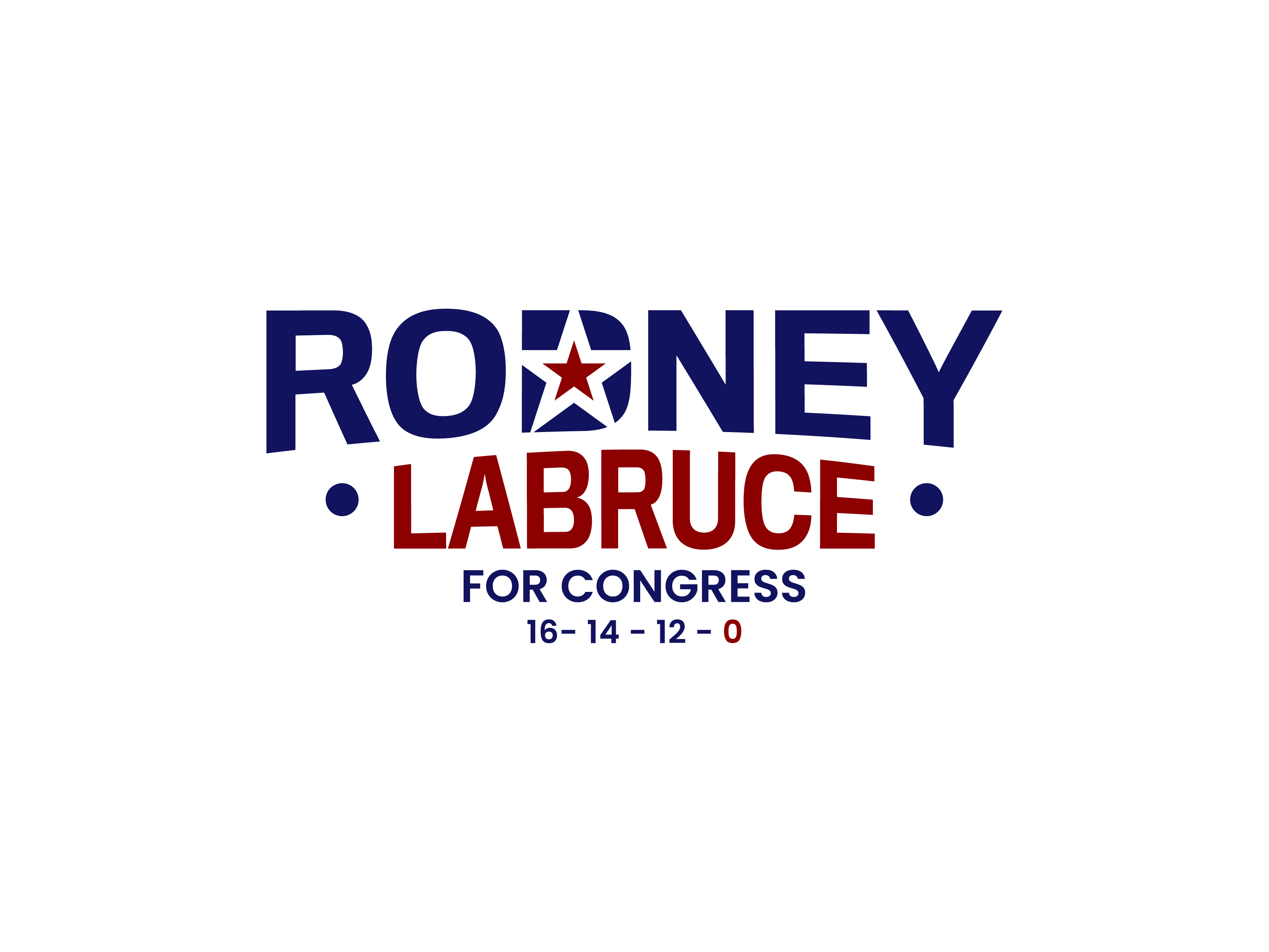Poverty Abolitionists

By Rodney LaBruce
In a letter from a Birmingham, Alabama jail on April 16, 1963, Martin Luther King Jr. once wrote, "Injustice anywhere is a threat to justice everywhere. We are caught in an inescapable network of mutuality, tied in a single garment of destiny. Whatever affects one directly, affects all indirectly."
For decades, blacks have fought for equality in a land where equality was promised for all. In the 1800s, slave owners held tight to the ideals that prevented an entire race of people from the liberties so many others took for granted.
Then a group of people who knew this was no way for our great nation to achieve its full potential rose. It would take serious commitment and acts of defiance to change years of acceptance. These were the abolitionists of slavery. This was the abolitionist movement.
Even after the end of slavery, their social constructs maintained the sub-societal rules that kept blacks in their place. This was the inspiration behind Dr. King’s letter from Birmingham.
As with slavery, civil rights, and the rights of so many, there must be a movement. Considering the danger that we are in as long as poverty survives, there has to be serious commitment and acts of defiance to change years of acceptance. There has to be a movement against poverty. There must be a rise of poverty abolitionists because poverty anywhere is a threat to prosperity everywhere.
To keep this short, I’m going to skip forward to a single issue that a poverty abolitionist might promote. We can all agree that affordable housing is an American crisis. In my congressional district alone, there is a shortage of 33,000 units.
A clean and safe place to sleep is foundational. Every aspect of our lives is touched by the ability to have such a place to go. Without it, there is added stress, worse overall health, and fewer prospects for work.
Without a doubt, we need more affordable places to live. The question is, where should we put them? We can all agree that there should be more affordable housing, but can we agree that not all of us want those housing units in our neighborhoods?
We don’t want our housing values to decrease. We don’t want our schools to get worse. However, the evidence shows that none of these fears are valid. For years, New Jersey has had state ordinances that go beyond merely preventing exclusionary zoning rules that keep certain people out of their jurisdictions. They are the only state that has inclusionary zoning rules that require every jurisdiction to have a minimum amount of affordable housing units. Their housing values have remained among the highest in the country, and their schools rank among the highest in the country, too.
But do we care where affordable housing units are placed, so long as we have some to provide?
Montgomery County, Maryland, conducted a study related to education and student performance across different socioeconomic environments. The research found that students from lower-income families who attended schools in wealthier areas generally performed better academically than those who remained in lower-income schools, even when substantial financial investments were made to improve the lower-income schools.
The findings suggested that the environment, including access to better resources, peer influences, and overall school culture, plays a significant role in student success.
This means that simply increasing funding for schools in poorer areas might not be as effective as also providing students with access to schools in more affluent areas. In other words, the environment surrounding the schools is equally as important as the school itself.
The solution is to allow more affordable housing in affluent areas. This means that developers would have to, either through zoning ordinances or incentives, be required/asked to devote a percentage of their developments to affordable housing. This also means that we would have to finally end segregation once and for all.
Even now, we still have neighborhoods and towns that have exclusionary zoning rules that keep affordable housing out. These same jurisdictions turn right back to the federal government and ask for funds to fix streets and sidewalks. It is quite ironic that they end up receiving tax money support from the same low-income individuals that they are trying to keep out.
Matthew Desmond said in his book Poverty, by America, “Instead of throwing money over the wall let's tear the wall down”. That wall is our barrier that keeps out the so-called undesirables. This wall is mental, and it protects the minds of the wealthy as well as the middle class. Let us all tear down the wall.
